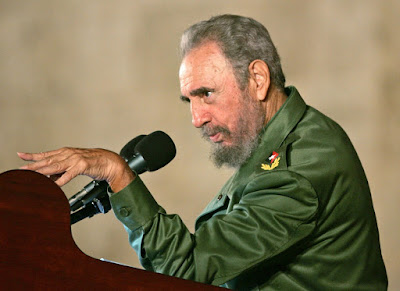Sir Jagadish Chandra Bose, CSI, CIE, FRS, also spelled Jagdish and Jagadis was a polymath, physicist, biologist, biophysicist, botanist and archaeologist, and an early writer of science fiction.
Sir Jagadish Chandra Bose is one of the most prominent first Indian scientists who proved by experimentation that both animals and plants share much in common. He demonstrated that plants are also sensitive to heat, cold, light, noise and various other external stimuli. Bose contrived a very sophisticated instrument called Crescograph which could record and observe the minute responses because of external stimulants. It was capable of magnifying the motion of plant tissues to about 10,000 times of their actual size, which found many similarities between plants and other living organisms.
Contributions and Early Life:
The central hall of the Royal Society in London was jam-packed with famous scientists on May 10, 1901. Everyone seemed to be curious to know how Bose’s experiment will demonstrate that plants have feelings like other living beings and humans. Bose chose a plant whose mots were cautiously dipped up to its stem in a vessel holding the bromide solution. The salts of hydrobromic acid are considered a poison. He plugged in the instrument with the plant and viewed the lighted spot on a screen showing the movements of the plant, as its pulse beat, and the spot began to and fro movement similar to a pendulum. Within minutes, the spot vibrated in a violent manner and finally came to an abrupt stop. The whole thing was almost like a poisoned rat fighting against death. The plant had died due to the exposure to the poisonous bromide solution.The event was greeted with much appreciation, however some physiologists were not content, and considered Bose as an intruder. They harshly knocked the experiment but Bose did not give up and was quite confident about his findings.
Using the Crescograph, he further researched the response of the plants to fertilizers, light rays and wireless waves. The instrument received widespread acclaim, particularly from the Path Congress of Science in 1900. Many physiologists also supported his findings later on, using more advanced instruments.
Jagadish Chandra Bose was born on 30 November, 1858 at Mymensingh, now in Bangladesh. He was raised in a home committed to pure Indian traditions and culture. He got his elementary education from a vernacular school, because his father thought that Bose should learn his own mother tongue, Bengali, before studying a foreign language like English. Bose attended Cambridge after studying physics at Calcutta University. He returned to India in 1884 after completing a B.Sc. degree from Cambridge University.
Later Life and Death:
Bose authored two illustrious books; ‘Response in the Living and Non-living’ (1902) and ‘The Nervous Mechanism of Plants’ (1926). He also extensively researched the behaviour of radiowaves. Mostly known as a plant physiologist, he was actually a physicist. Bose devised another instrument called ‘Coherer’, for detecting the radiowaves.Prior to his death in 1937, Bose set up the Bose Institute at Calcutta. He was elected the Fellow of the Royal Society in 1920 for his amazing contributions and achievements.





















